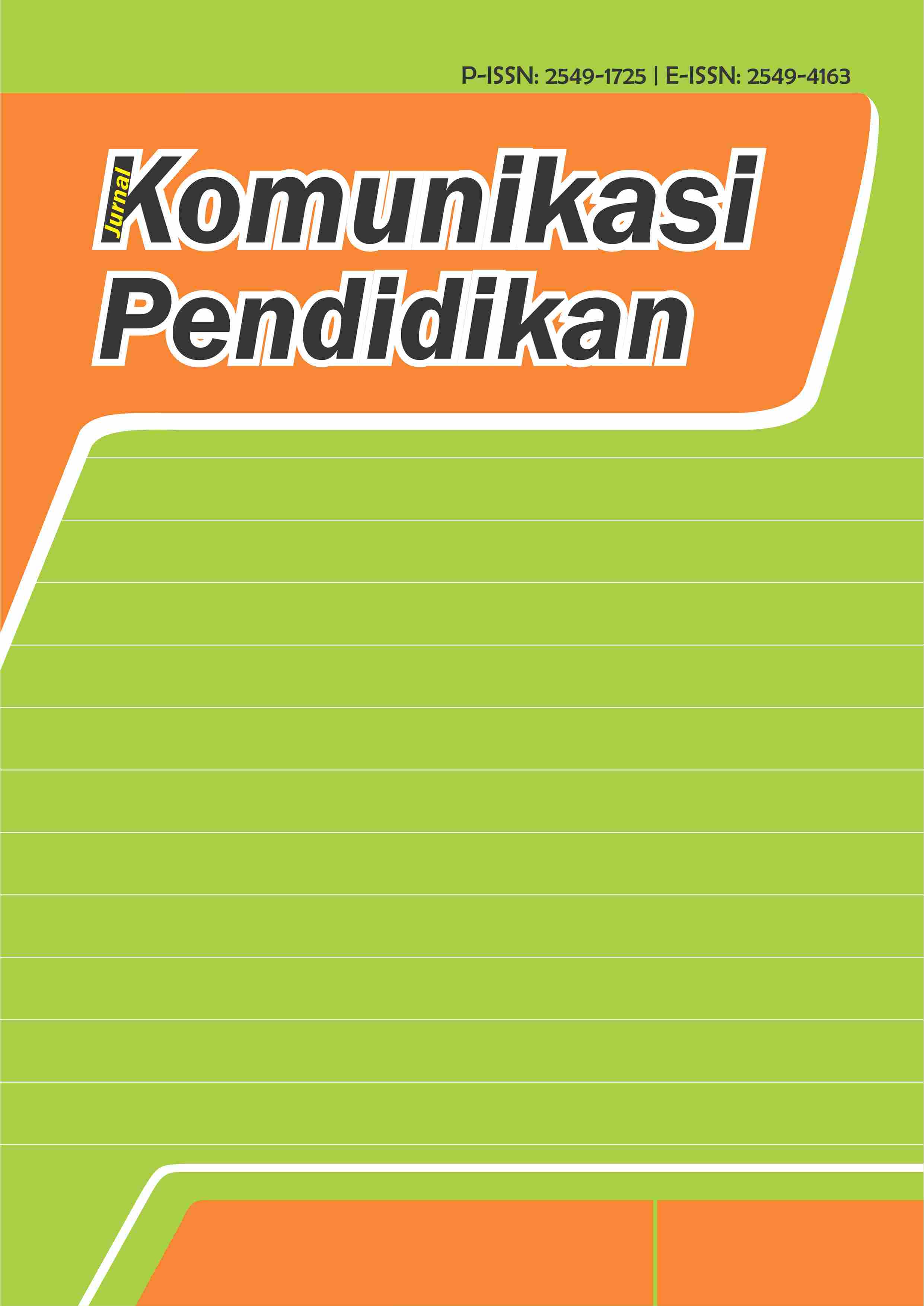The Creativity of Islamic Religious Education Teachers in Fostering Interest in Memorizing Short Surah in Elementary School
DOI:
https://doi.org/10.32585/jurnalkomdik.v9i2.6512Keywords:
Creativity, Islamic Religious Education, Muraja’ahAbstract
Creativity is the fundamental trait a teacher has to have. Creative teachers can be recognized by their capacity to use several approaches and modify instructional methods to fit other learning environments. This study intends to investigate the imaginative techniques used by Islamic Religious Education (PAI) teachers to inspire students' enthusiasm in memorizing short surahs at the elementary school level, also to know the supporting factors of it. To capture the lived experiences of participants, a qualitative research design using a phenomenological method was applied. In-depth interviews with Islamic Religious Education teachers, three students, and two parents yielded primary data. These interviews aimed to collect ideas on the teachers' inventiveness in creating interesting memorizing exercises, their strategies for inspiring pupils, and the obstacles they face. The results show that students' motivation is much improved by the regular application of the muraja'ah (revision) technique in weekly memorization exercises. Encouraging students' desire to memorize brief surahs was the inventiveness of PAI teachers. The study also emphasizes, therefore, that the effectiveness of these memorization exercises at SDN Gulun 3 is significantly influenced by parental support and good rivalry among students. These elements working together produce a synergistic environment that motivates pupils to be more dedicated and eager in learning brief surahs.
Keywords: Creativity, Islamic Religious Education (PAI), Muraja’ah Method.
Downloads
Published
How to Cite
Issue
Section
License
Copyright (c) 2025 Hafshoh Aulia Makarim, Arum Putri Rahayu

This work is licensed under a Creative Commons Attribution-ShareAlike 4.0 International License.
Authors who publish with the Jurnal Komunikasi Pendidikan agree to the following terms:
- Authors retain copyright and grant the journal the right of first publication with the work simultaneously licensed under a Creative Commons Attribution License (CC BY-SA 4.0) that allows others to share the work with an acknowledgment of the work's authorship and initial publication in this journal.
- Authors are able to enter into separate, additional contractual arrangements for the non-exclusive distribution of the journal's published version of the work (e.g., post it to an institutional repository or publish it in a book), with an acknowledgment of its initial publication in this journal.
- Authors are permitted and encouraged to post their work online (e.g., in institutional repositories or on their website) prior to and during the submission process, as it can lead to productive exchanges, as well as earlier and greater citation of published work.





